“It alters something inside a woman when she begins to turn also to women, to see women, and therefore herself, as namers of reality.”
Kidd’s memoir of her journey from the Christian Tradition to the Sacred Feminine spoke to the wounds and pain I have kept closely within my spiritual, feminine self. As with all of her novels, Kidd’s language, sentences, and metaphors courageously extract and define an uncomfortable reality and offer a new way of being. These aspects of this text clearly expose her research and rich thoughts on the topic of the Divine Feminine in ways I have never felt or read before.
Kidd’s personal narrative, her willingness to use “I,” exposes her longing, her grief, and vulnerability while allowing the reader to join her. Her words connect with me through our shared devastation of accepting the half-truths we have allowed through Christian patriarchy. I devoured her words because they gave voice and vocabulary to my longing and then taught me that “My ultimate authority is the divine voice in my own soul” (92).
Kidd’s research, personal narrative, and exploration of the Feminine Divine celebrates the history of the Goddess and the visceral woman. However, surprisingly, Kidd’s text avoids bitterness towards masculinity. Her words seek balance in a severely unbalanced arena of Christianity. I was surprised by her compassion and her perspective: oppressing divinity in women hurts men, too. Men are not creators of patriarchy any more than women are but we both suffer the effects. Men oppress the feminity within themselves as well.

Ultimately, Kidd argues, “The truth is, in order to heal we need to tell our stories and have them witnessed” (201). I believe her. From the beginning of Christianity, the stories of men in scripture, and the stories of men interpreting scripture, and the stories of men exclusively in leadership have crafted our patriarchal society. We need women’s stories to balance the world’s narrative. “We do it for ourselves but also for all the daughters, all the women, all the men, all creation. We do it out of love for the women we are becoming, out of love for the earth. We do it because we are the change the world is waiting for” (262).
What change does your femininity desire? Kidd writes about multiple, personal experiences that she participates in and witnesses such as a pilgrimage to Greece seeking the Goddess, wandering through a forest in the dark with a friend, dancing with the waves without clothes, etc. Can you relate? Do you feel that your femininity has been oppressed through religious rituals, if so, what change will you make to create room for yourself and others? “Whatever else you do, listen to your Deepest Self. Love Her and be true to Her, speak Her truth, always.”



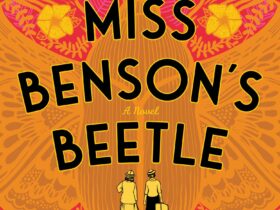


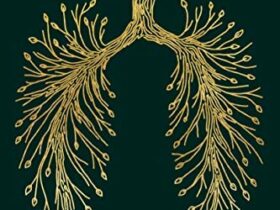
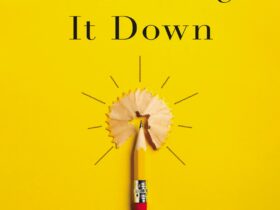
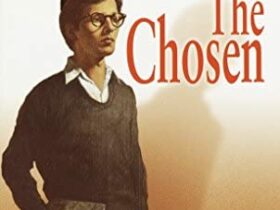
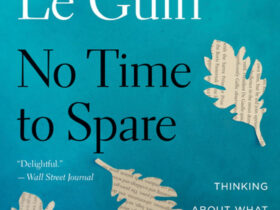

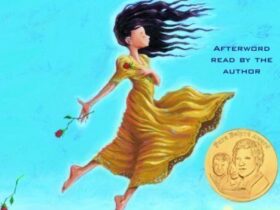


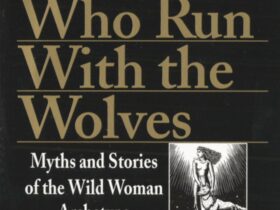

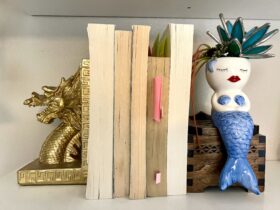

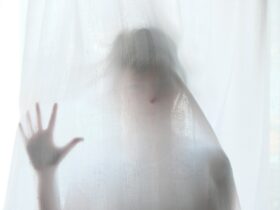
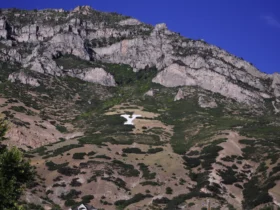
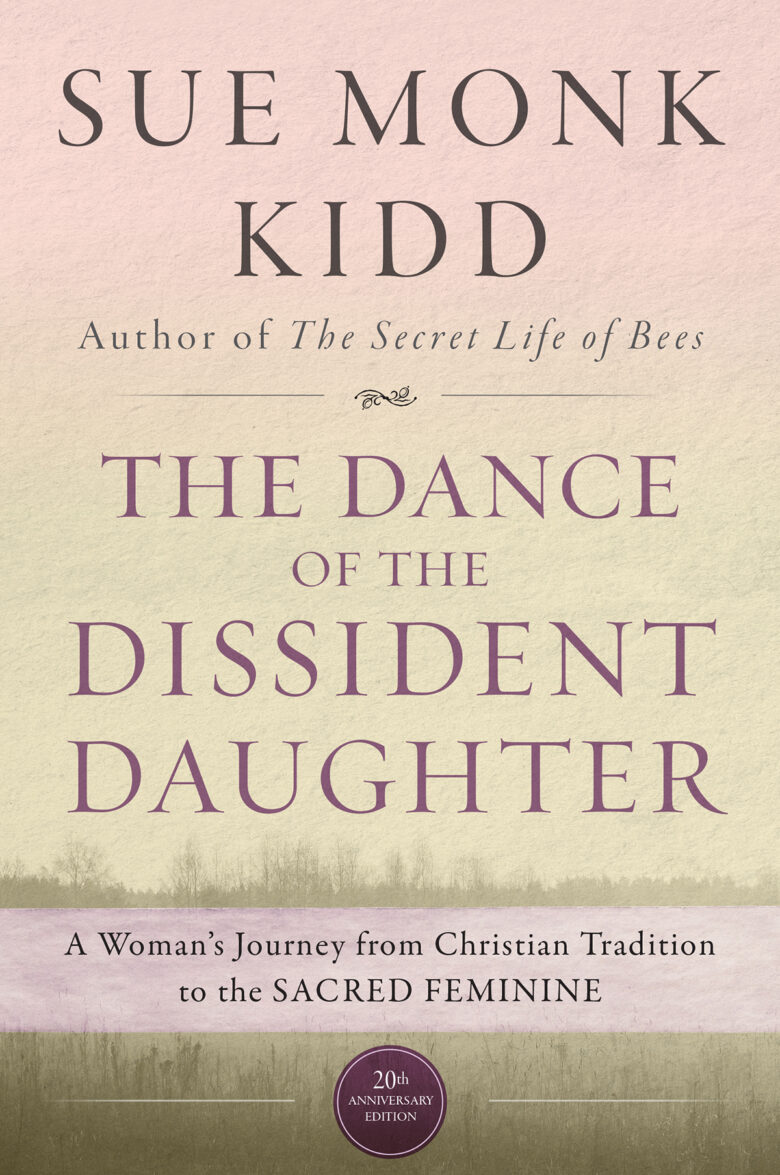
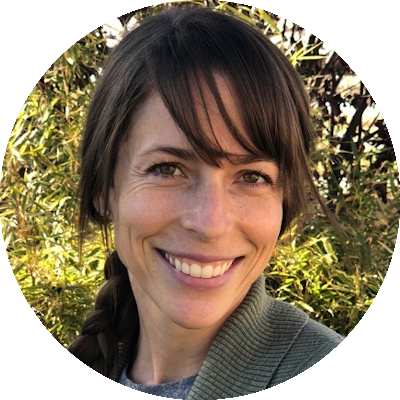

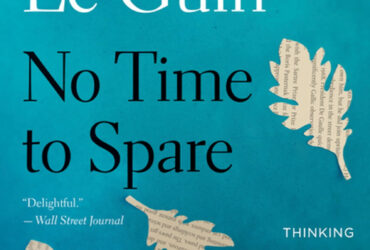
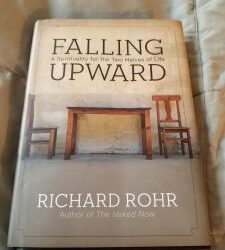


Leave a Reply